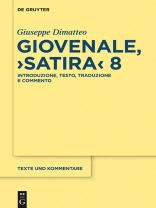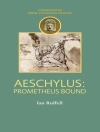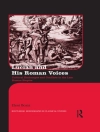This work offers a new interpretation and an in-depth analysis of one of the least studied among Juvenal’s satires. The introduction examines the structure of the piece and some of its rhetorical features, such as the peculiar use of exempla and evidentia, while focusing on its basic theme, the degeneration of the contemporary nobility. Although grafted onto the traditional and commonplace antithesis between true and false nobility, this theme has a strong historical connection with the early years of Hadrian’s reign, when Roman noblemen were increasingly being ousted from the official positions they traditionally held. An updated overview of the history of Juvenal’s text is followed by a revised critical edition and an Italian translation. Besides discussing textual matters, the commentary offers a systematic treatment of the linguistic, rhetorical, historical and antiquarian aspects of the text, indispensable for the understanding of this satire.
About the author
G. Dimatteo, Università degli Studi di Cassino e del Lazio meridionale.












